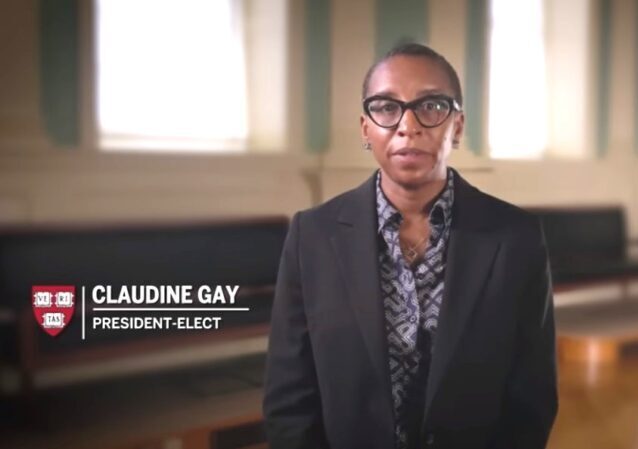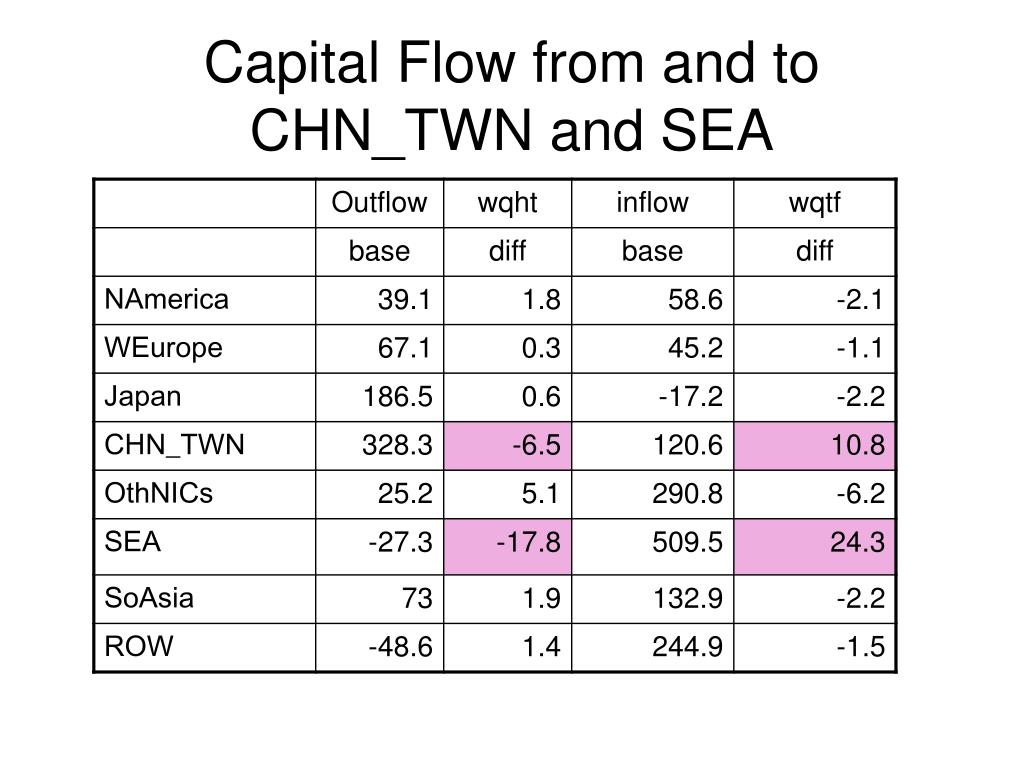President Bacow's Stand Against Trump's Criticism Of Harvard

Table of Contents
Trump's Criticisms of Harvard
The Nature of the Criticism
Former President Trump frequently targeted Harvard University with harsh criticism, accusing the institution of elitism, political bias, and mismanagement of funds. His attacks weren't isolated incidents; they formed a pattern of public pronouncements across various platforms. These criticisms often lacked specific evidence and were interwoven with broader attacks on the Democratic party and liberal institutions.
- Examples of Trump's tweets or public statements: Trump frequently used Twitter to criticize Harvard, often labeling it as "liberal" or "radical," questioning the value of its education, and implying misuse of taxpayer dollars (though many of Harvard’s funds are from private endowments). He also publicly questioned the merit of certain academic programs and research initiatives.
- Specific policies or practices of Harvard that Trump targeted: Trump's criticisms often lacked specificity, but they generally targeted perceived liberal biases within the curriculum, faculty hiring practices, and student body composition. He implied that Harvard was indoctrinating students with leftist ideologies.
- The overall tone and intent behind Trump’s criticisms: The tone was consistently aggressive and dismissive. The intent appeared to be to discredit Harvard's prestige and influence, aligning with his broader attacks on institutions he perceived as opposed to his political agenda.
President Bacow's Responses and Defenses
Public Statements and Letters
President Bacow consistently defended Harvard against Trump's attacks, employing a measured yet firm approach. His responses emphasized the university's commitment to academic freedom, intellectual diversity, and its dedication to rigorous scholarship. He refrained from engaging in personal attacks, instead focusing on factual counterarguments and reaffirming Harvard's core values.
- Key points made in Bacow’s responses: Bacow consistently highlighted Harvard's commitment to free inquiry, the importance of diverse perspectives in academia, and the vital role universities play in fostering critical thinking and informed citizenship. He emphasized the university's history of innovation and its contributions to society.
- Tone and style of his communication: Bacow’s communication was characterized by its intellectual rigor, measured tone, and clear articulation of Harvard's principles. He avoided inflammatory language, opting for a reasoned and fact-based approach.
- Specific policies or initiatives Bacow highlighted: In his defenses, Bacow often pointed to specific Harvard initiatives promoting diversity, inclusion, and free expression, further highlighting the institution's commitment to its values.
The Broader Context: Higher Education and Political Polarization
The Impact on Academic Freedom
Trump's criticisms, while directed at Harvard, had broader implications for academic freedom and the autonomy of universities across the United States. The attacks raised concerns about the potential chilling effect of political pressure on research, teaching, and the free exchange of ideas within academia.
- Importance of academic freedom: Academic freedom is the cornerstone of higher education, allowing scholars to pursue knowledge without fear of censorship or reprisal. It is essential for advancing knowledge and fostering critical thinking.
- Potential chilling effect: The overt political attacks on Harvard created a climate of fear, potentially discouraging open inquiry and dissent amongst faculty and students. This "chilling effect" can impede academic progress and limit the free flow of ideas.
- Political polarization in universities: The controversy highlighted the growing trend of political polarization impacting universities, blurring the lines between political advocacy and academic pursuits.
Public Opinion and the Aftermath
Reactions from the Harvard Community and Beyond
Reactions to Trump's criticisms and Bacow's responses were varied. While some supported Trump's attacks, many within the Harvard community and beyond condemned them as an assault on academic freedom. The controversy sparked significant media coverage and public debate.
- Public opinion polls or surveys: While specific polls directly addressing this controversy may be limited, broader polls on public trust in institutions, particularly higher education, could shed light on the impact of these events.
- Significant media coverage and commentary: The controversy was extensively covered by national and international media outlets, with commentary from various perspectives. Many lauded Bacow's defense of academic freedom.
- Long-term effects on Harvard’s image or policies: While no major policy shifts directly resulted, the controversy served to reinforce Harvard's commitment to its core values and potentially strengthened its reputation amongst those who value academic freedom.
Conclusion
President Trump’s attacks on Harvard, President Bacow’s robust defenses of academic freedom and the university's values, and the subsequent public debate illuminated the challenges facing higher education in a politically charged environment. This controversy highlighted the importance of protecting academic freedom and the autonomy of universities. Understanding President Bacow's stand against Trump's criticism of Harvard provides crucial insight into the ongoing debate surrounding the role of universities in a polarized society. Continue exploring this critical topic to better understand the challenges and opportunities facing higher education in the 21st century. Learn more about President Bacow's leadership and Harvard's commitment to academic freedom by researching further.

Featured Posts
-
 The Karate Kid Wax On Wax Off Exploring The Films Legacy
May 07, 2025
The Karate Kid Wax On Wax Off Exploring The Films Legacy
May 07, 2025 -
 Dina In The Last Of Us Season 2 Isabela Merceds Character Explained
May 07, 2025
Dina In The Last Of Us Season 2 Isabela Merceds Character Explained
May 07, 2025 -
 Wnba Aces 2024 Free Agency Moves Parker Tyus And Evans
May 07, 2025
Wnba Aces 2024 Free Agency Moves Parker Tyus And Evans
May 07, 2025 -
 The Privilege Dilemma How It Impacts Wto Accession Speed
May 07, 2025
The Privilege Dilemma How It Impacts Wto Accession Speed
May 07, 2025 -
 Competira Simone Biles En Los Angeles 2028 Sus Incertidumbres
May 07, 2025
Competira Simone Biles En Los Angeles 2028 Sus Incertidumbres
May 07, 2025
